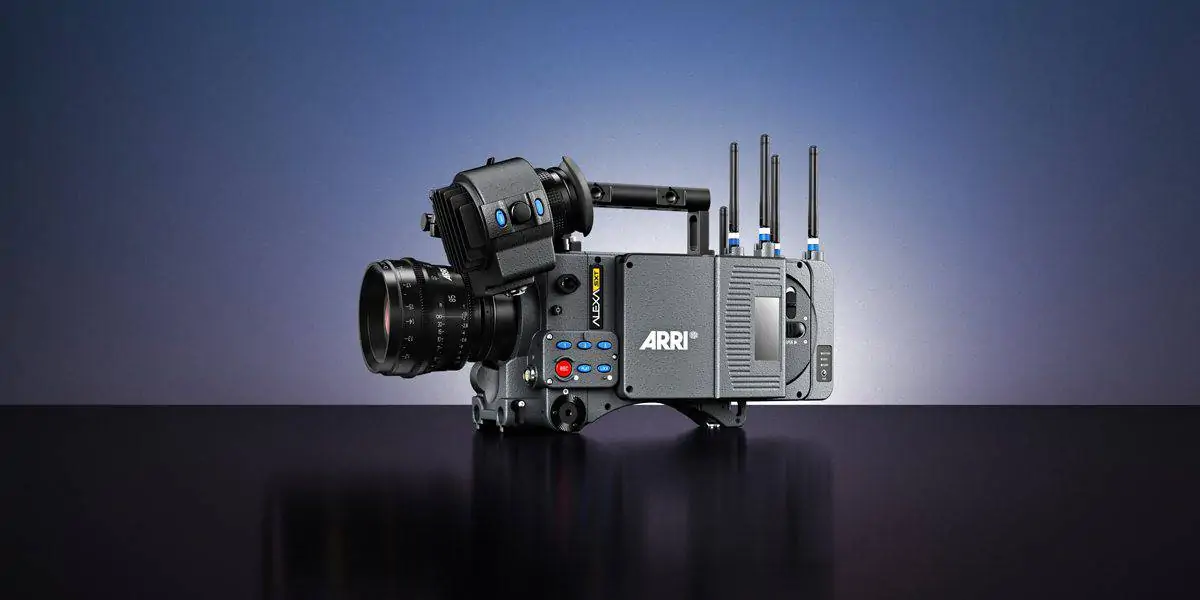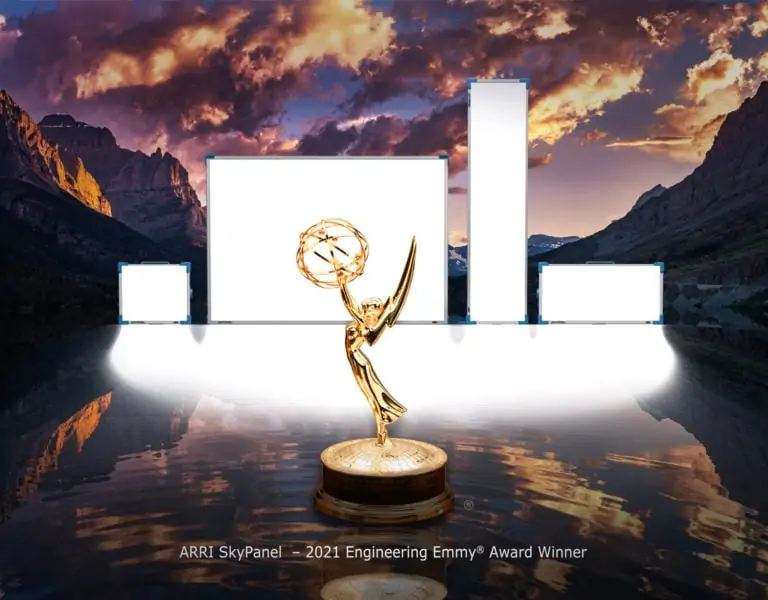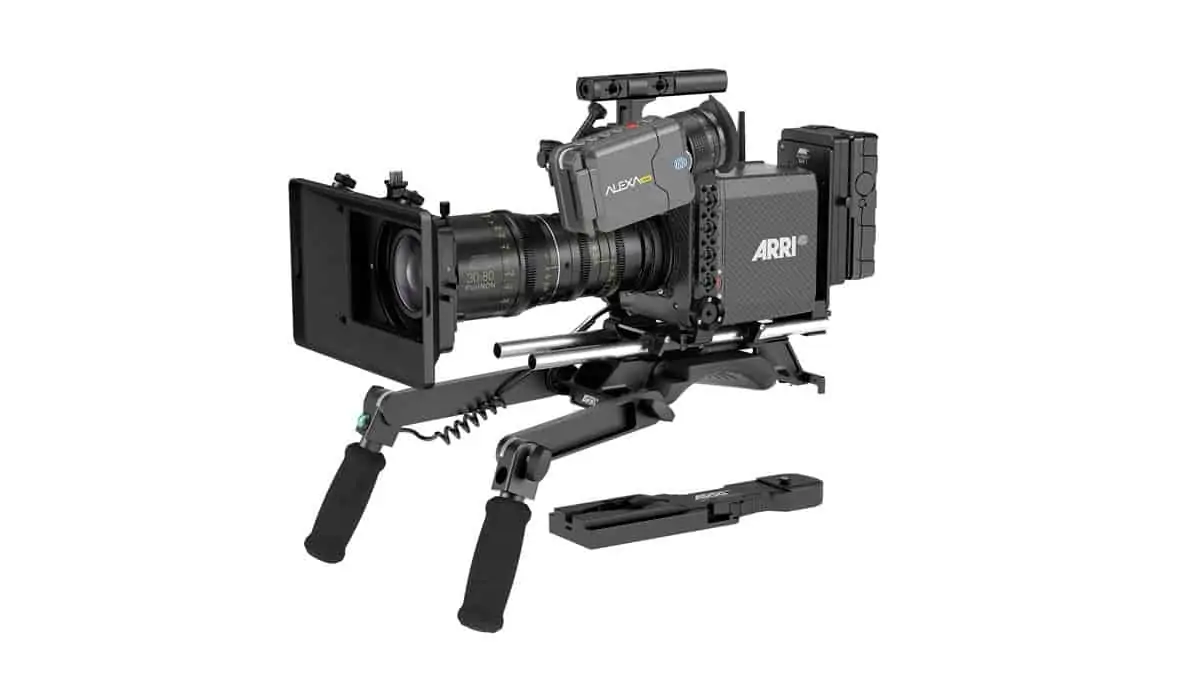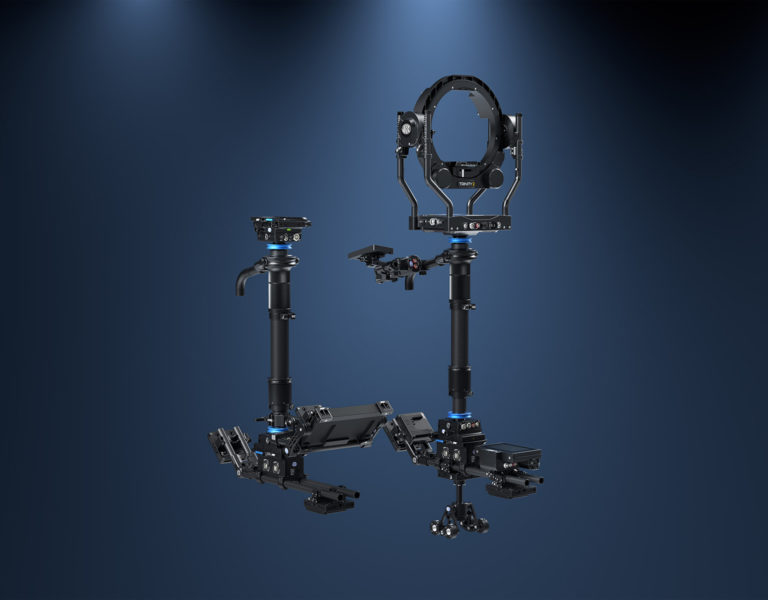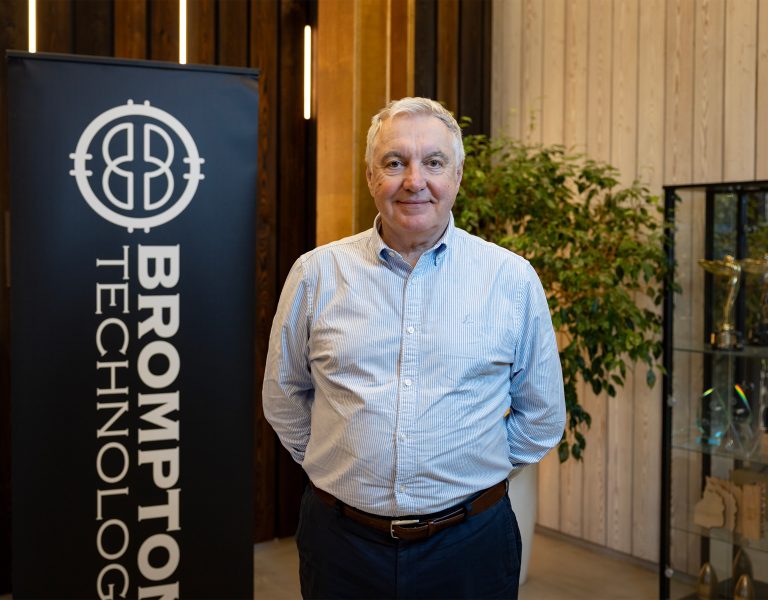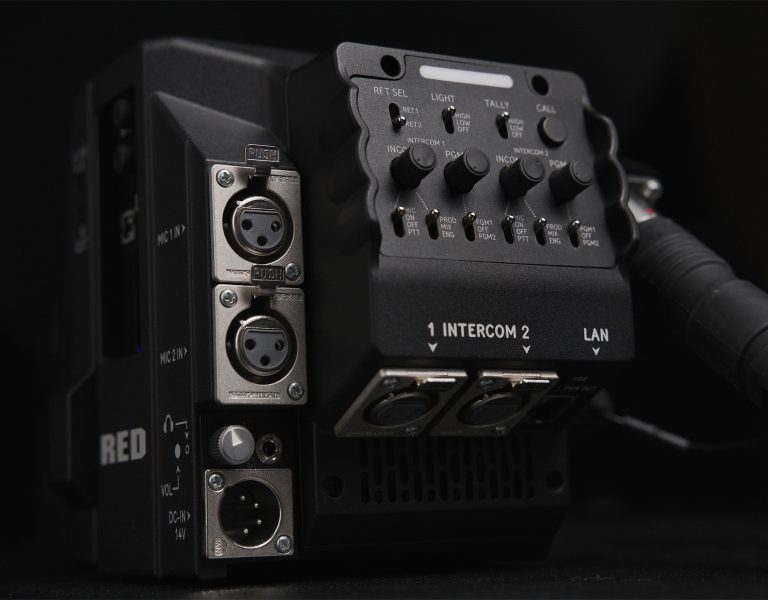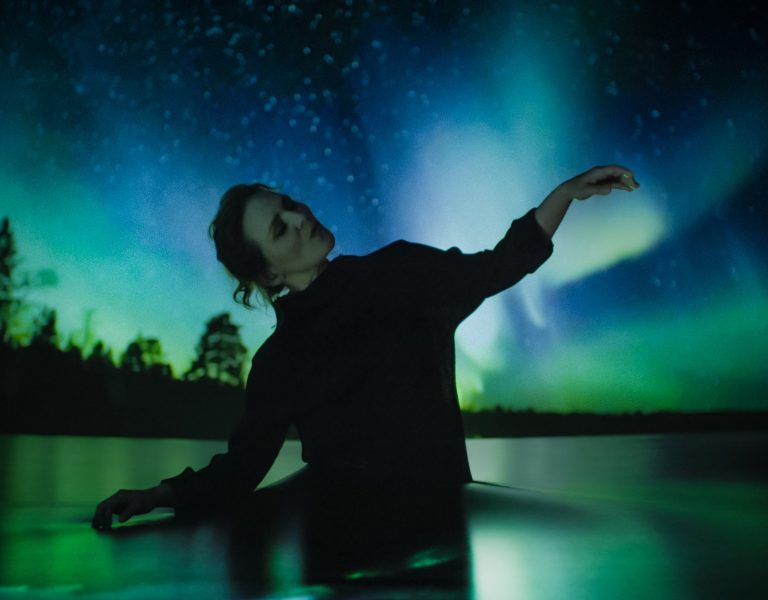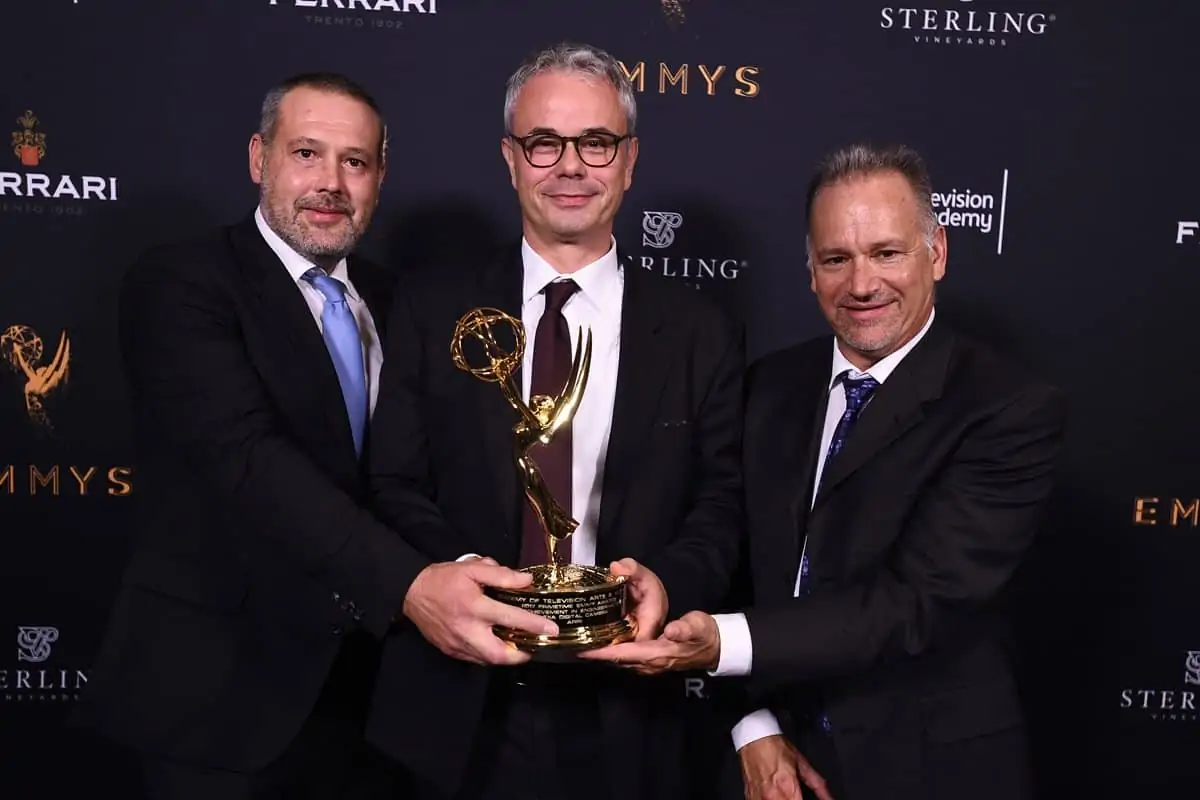
At the 69th Engineering Emmy® Awards Ceremony in Hollywood, the Television Academy recognized ARRI with the most prestigious television accolade for outstanding achievement in engineering development for its ALEXA digital motion picture camera system. On October 25, 2017, at the Loews Hollywood Hotel, actress Kirsten Vangsness, who presented the award, said: “The ALEXA camera system represents a transformative technology in television due to its excellent digital imaging capabilities coupled with a completely integrated postproduction workflow. In addition, a cohesive pipeline, the onboard recording of both raw and a compressed video image, and an easy-to-use interface contributed to the television industry’s widespread adoption of the ARRI ALEXA.”
The Engineering Award was accepted by ARRI´s Harald Brendel, Teamlead Image Science, and Frank Zeidler, Senior Manager Technology and Deputy Head of R&D – both members of the ALEXA development team – as well as Glenn Kennel, President of ARRI Inc. In his acceptance speech, Harald Brendel mentioned ARRI’s 100-year legacy of laying the foundation for the ALEXA and keeping the camera today as the industry workhorse. He noted, “I must thank Executive Board Member, Franz Kraus, for steering the company into the digital age, for building up our understanding of film and its imaging characteristics to produce the ARRILASER and ARRISCAN. This paved the way to the ALEXA which we introduced in 2010. Thank you to the Television Academy and most importantly, to our many customers who drive us to continue to improve.”
There is also great enthusiasm for the Engineering Award in Munich, Germany, where the headquarters of this globally active film and media technology company is based. Franz Kraus, Executive Board Member of ARRI, responsible for technology, comments: “This prestigious award especially recognizes the hard work of the ALEXA core team of engineers, who started almost two decades ago in the digital intermediate days. They brought all of their accumulated knowledge and experience to the ALEXA camera project, thus implementing the much-appreciated cinematic look of the ALEXA. We are very grateful for this very special acknowledgement of the Television Academy.”
Dr. Joerg Pohlman, Executive Board Member of ARRI, responsible for the operative business, adds: “We are very thankful to the Television Academy for their esteemed recognition. Since its inception, ARRI has prided itself on being a long-term professional partner to the global film and television industries. This commitment will continue to drive us in the future and we look forward to many more years of successful collaboration.”
Renowned for a film-like, organic look and high dynamic range, the ALEXA digital camera was quickly embraced for its stunning image quality, reliability, efficient workflow, and ease of use. ALEXA’s upgradeable design has allowed the system to remain the camera of choice for television and feature production even seven years after its release. The camera technology is now available in multiple iterations: the ALEXA Mini, ALEXA SXT Studio with optical viewfinder and the newly introduced ALEXA SXT W for wireless control.
Some notable shows captured on ALEXA include recent Emmy winners The Handmaid’s Tale, The Night Of, Veep, Big Little Lies, along with Game of Thrones, Man in the High Castle, Mozart in the Jungle, Insecure, Modern Family, and many more.
The Television Academy’s Engineering Emmys are presented to individuals, companies, or organizations for engineering developments that considerably improve existing methods or innovations that materially affect the transmission, recording, or reception of television.
The Engineering Emmy Award is especially significant this year since 2017 marks ARRI’s centenary. Earlier this year, ARRI was honored by the Academy of Motion Picture Arts and Sciences with a Scientific and Engineering Award for the forward-looking concept and innovative technology of its ALEXA digital camera system.
